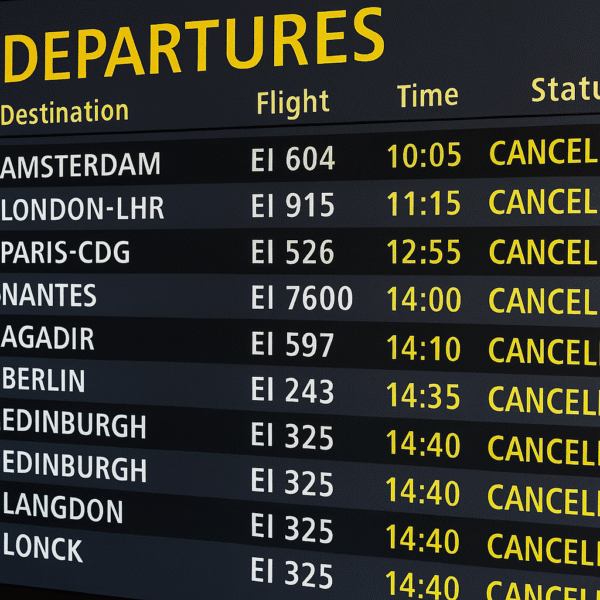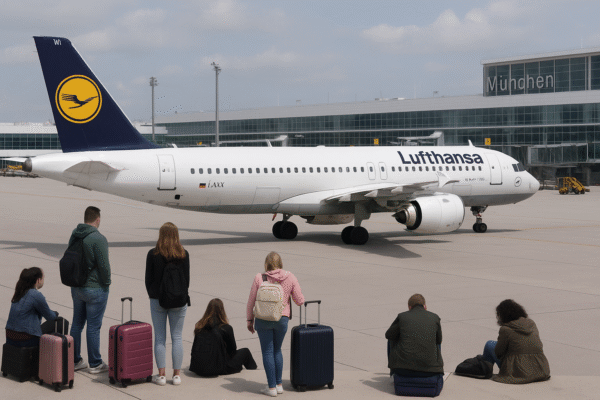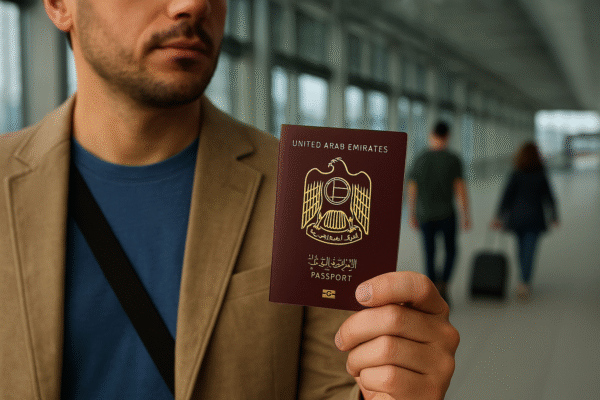The United Arab Emirates (UAE), once a booming destination for Israeli travelers following the historic 2020 Abraham Accords, now finds itself grappling with renewed security concerns. On July 31, 2025, Israel’s National Security Council (NSC) issued a Level 3 travel advisory, urging its citizens to avoid non-essential visits to the UAE due to potential terrorist threats against Israeli and Jewish individuals.
This elevated alert level—the highest for travel advisories—reflects a deteriorating regional security climate. The NSC warned that terrorist organizations such as Hamas, Hezbollah, Iranian operatives, and Global Jihadist factions may target Jewish and Israeli interests in countries like the UAE, particularly during Jewish holidays and Shabbat.
Heightened Threats Tied to Regional Conflicts
The NSC’s decision stems from a growing concern over terrorist reprisals in response to Israel’s recent military operations, including Operation Rising Lion and Operation Iron Swords. Anti-Israel sentiment—fueled by extremist rhetoric and campaigns by groups like Hamas—has raised fears of revenge attacks.
While the UAE has cultivated a reputation for safety and luxury tourism, its growing visibility as a diplomatic and economic partner of Israel has made it a potential hotspot for politically motivated violence. In particular, Jewish institutions, community gatherings, and religious celebrations may become targets of symbolic aggression.
Israeli Travel to the UAE Dwindles Amid Fear
Following the Abraham Accords, Israeli tourism to the UAE flourished. Dubai and Abu Dhabi became top-tier destinations for Israeli tourists drawn to modern attractions, luxury shopping, and cultural experiences. In 2022 alone, nearly 300,000 Israeli tourists visited the UAE, a number expected to grow annually.
However, since the recent advisory, bookings have sharply declined, according to travel agencies in Tel Aviv and Jerusalem. Hoteliers in Dubai report a rise in cancellations, particularly ahead of Jewish high holidays in September and October.
“Families are nervous. Security outweighs even the most luxurious of plans,” said Dana Cohen, a senior agent at an Israeli travel consultancy. “We’re redirecting most of our clients toward Greece, Cyprus, and Georgia.”
Economic Ripples in the UAE Tourism Sector
The decline in Israeli tourism poses a setback for the UAE’s ambitious goal to become a global tourism powerhouse. Tourism contributed 12% to the UAE’s GDP in 2024, and Israeli tourists—who typically spend above average per trip—played a key role in this growth.
Luxury hotels, kosher-certified restaurants, and Jewish heritage tours had started to cater specifically to Israeli and Jewish clientele. Now, this niche segment is shrinking. Tour operators are being forced to diversify or pivot to other markets like China, India, and Russia.
While the UAE Ministry of Economy and Tourism has not issued specific statements in response to the Israeli warning, government sources confirmed that security measures have been intensified at high-risk sites and around foreign consulates.
UAE Steps Up Security Efforts
In response to the NSC advisory, UAE security agencies have ramped up counter-terrorism operations, particularly in Dubai’s international zones, religious centers, and commercial hubs. Surveillance and intelligence sharing with allied nations, including Israel, have increased.
The UAE Federal Authority for Identity, Citizenship, Customs, and Port Security (ICP) has reportedly expanded entry screening protocols and airport surveillance. While these steps enhance safety, the visible security presence may unnerve leisure travelers, especially families.
Despite this, the UAE continues to emphasize that it remains safe for international visitors. The country’s Global Soft Power Index ranking and high traveler safety scores in global indices bolster its international image. However, perception often trumps policy in tourism decisions.
Shifting Preferences Among Israeli Travelers
Security has long influenced Israeli travel behavior. From backpackers in South America to luxury seekers in Europe, Israelis tend to avoid destinations where geopolitical threats loom. The current situation echoes past shifts, such as declines in Turkish and Egyptian travel during regional unrest.
Destinations like Greece, Italy, Cyprus, Morocco, and even Bahrain and Oman are increasingly becoming alternatives for Israelis seeking safety alongside cultural and luxury offerings.
Moreover, Israeli tech and trade delegations—once eager to visit UAE expos and conferences—are reportedly scaling back or switching to virtual formats due to rising insurance premiums and safety advisories.
Diplomatic and Tourism Implications
While the Abraham Accords remain a cornerstone of Middle East diplomacy, tourism is the most fragile pillar. Economic partnerships and political dialogues often weather turbulence better than public travel sentiment.
If the NSC maintains or escalates its advisory, long-term tourism strategies in the UAE may need recalibration. New markets will become essential, while cultural outreach to Israeli communities will likely slow.
Still, officials from both countries stress the importance of resilience in bilateral relations. UAE’s Minister of State for Foreign Trade, Dr. Thani bin Ahmed Al Zeyoudi, recently reaffirmed the government’s commitment to sustaining trade and cooperation with Israel, highlighting that tourism setbacks do not equate to diplomatic failure.
Conclusion: A Test for Regional Tourism Diplomacy
The travel warning underscores the complex intersection of tourism, geopolitics, and public perception. The UAE must now navigate a delicate path: maintaining its status as a welcoming luxury destination while addressing the growing security demands of the post-Abraham Accords era.
As the region continues to evolve, collaboration on security, cultural understanding, and crisis communication between Israel and the UAE will be vital to restoring traveler confidence. The future of Israeli tourism in the UAE depends not just on political peace—but on public trust, sustained safety, and transparent policy.
For more travel news like this, keep reading Global Travel Wire

















